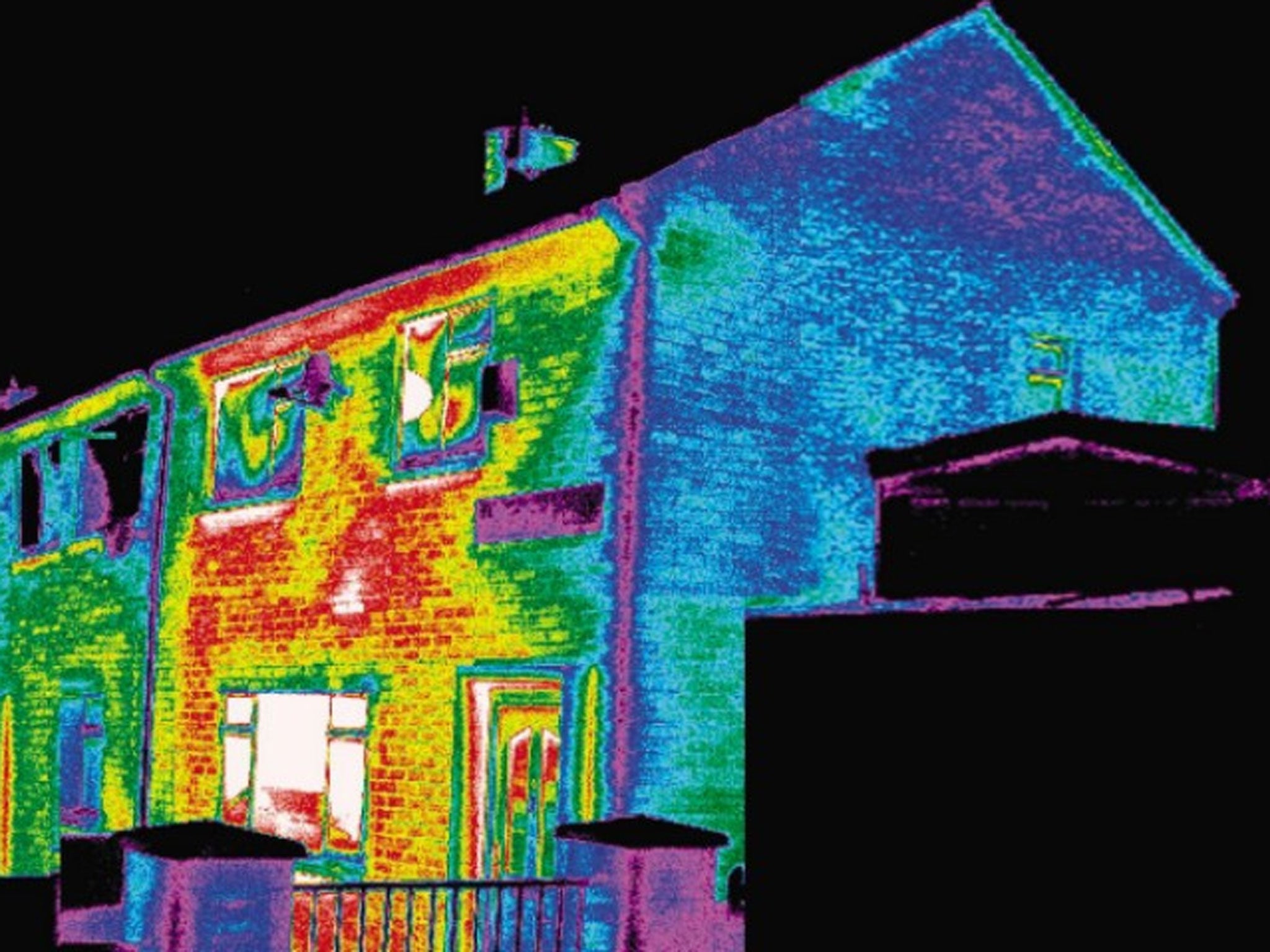There are huge pressures on the energy industry already. Freezing bills could put Britain in the dark
The chief executive of Energy UK, the voice of the energy industry, responds to proposals made by Ed Miliband in his conference speech

Your support helps us to tell the story
This election is still a dead heat, according to most polls. In a fight with such wafer-thin margins, we need reporters on the ground talking to the people Trump and Harris are courting. Your support allows us to keep sending journalists to the story.
The Independent is trusted by 27 million Americans from across the entire political spectrum every month. Unlike many other quality news outlets, we choose not to lock you out of our reporting and analysis with paywalls. But quality journalism must still be paid for.
Help us keep bring these critical stories to light. Your support makes all the difference.
The drive and desire to reduce our carbon footprint is evident. By 2020, 20 per cent of our energy should come from renewable sources while complying with carbon budgets, a committee on climate change and the EU passed a further set of directives on emissions. These are so stringent for coal fired power stations that many are closing down or converting to biomass.
But we didn’t talk about the costs and how we would pay for it.
Today the energy industry faces five main pressures.
The pressure to invest in renewables and maintain the necessary back up power.
The pressure to close, or where possible convert, the coal fired power stations currently producing approximately 40 per cent of our electricity to meet a timetable driven by the current large combustion plant directive requirements and the future industrial emissions directive requirements.
The pressure of meeting welfare obligations – costs currently running in excess of £1bn a year - to insulate the homes of people in financial difficulties and to reduce their bills.
The pressure of the £10-20bn Smart metering programme to come; of simple tariffs now; and reasonable consumer and small business requirements.
And, of course, the pressure to keep bills affordable.
The cost of the investment programme is huge. No other industry is facing the investment challenge of the energy sector. Last year alone the energy industry invested £11.6 billioin – the equivalent of building the Olympic stadium twenty times over. We need to invest a further £110 billion over the next ten years to build and renew the power stations, the wires and the pipes everyone in the country needs to keep the lights on, our homes warm and to supply the power for British business to compete, to recover and to grow.
Freezing the bill as Ed Miliband proposes could well freeze the money to build and renew power stations, freeze the jobs and livelihoods of the 600,000 plus people dependent on the energy industry and make the prospect of energy shortages a reality, pushing up the prices for everyone. If the pie cannot get bigger, and some of the slices – such as the obligations or the price paid for gas – get larger, then what’s left gets squeezed.
A combined gas and electricity energy bill for an average household is just under 10 per cent environmental and social levies, 20 per cent transmission and distribution, 47 per cent the wholesale cost of energy and 5 per cent VAT. Your energy company control only 18 per cent from which people must be paid and plants maintained and built while still investing for the future.
We must not send out the message that the UK is closed for business. Policy makers have to be clear, honest, open and upfront about their policy now, their policy in the medium term and their policy in the future. They need to consider carefully what it is that they want - they need to be clear about the costs and be honest about how those costs will be paid for.
Join our commenting forum
Join thought-provoking conversations, follow other Independent readers and see their replies
Comments